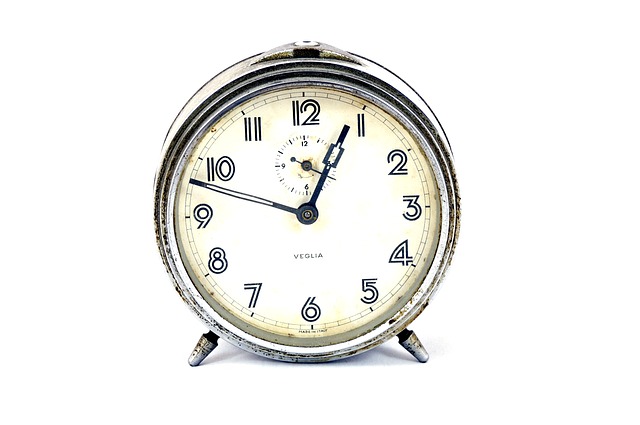Awake vs Wake
Awake and wake are two English words with similar spellings and meanings, often used interchangeably. While both words refer to stopping sleep, there are subtle differences in their usage. This article aims to clarify the distinction between awake and wake with examples to help you use these words correctly.
What does Awake mean?
Awake can mean ‘stop sleeping,’ but it can also be used as a verb meaning ‘to keep attentive,’ ‘to keep active,’ or ‘to be charged up,’ as shown in these sentences:
– Arise, awake and stop not till the goal is reached.
– The speech has awakened him.
In everyday English, awake is primarily used as an adjective, as in:
– When she came home, I was still awake.
However, it is also found as a verb in literature, such as:
– I awoke to the sound of the church bell.
What does Wake mean?
Wake is used as a verb meaning ‘get out of sleep’ or ‘stop sleeping,’ as in the following sentences:
– I usually wake up at 6 o’clock in the morning.
– It is good to wake up early.
Wake can also be used with the preposition ‘in’ in the expression ‘in the wake of,’ meaning ‘as a consequence of’:
– Many disciplinary procedures are implemented in the wake of elections.
What is the difference between Awake and Wake?
- Both awake and wake primarily mean ‘to stop sleeping.’
- In everyday English, awake is mostly used as an adjective meaning ‘not sleeping,’ while wake is used as a verb meaning ‘get out of sleep’ or ‘stop sleeping.’
- In literature, awake can be found as a verb meaning ‘not sleeping.’
- Awake can also be used as a verb meaning ‘to keep attentive,’ ‘to keep active,’ or ‘to be charged up.’
- Wake can be used with the preposition ‘in’ in the expression ‘in the wake of,’ which means ‘as a consequence of.’
These are the key differences between awake and wake in the English language.
